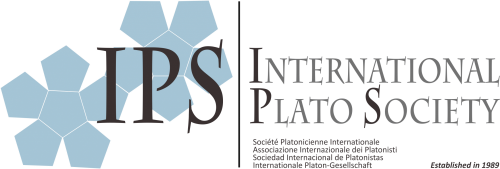In memoriam Anne G. Wesinger
It was with great sadness that we learned of the passing of Anne Gabrièle Wersinger in January 2024. A. G. Wersinger studied literature and philosophy (in preparatory classes and at the Université de Strasbourg), was awarded first place in the Agrégation de philosophie (1979), and taught in secondary schools (1979-1994), before becoming a lecturer at the Université Paris 1 from 1994 to 2006, and then full Professor at the Université de Reims Champagne-Ardenne and a member of the Centre Jean Pépin, CNRS. Always on the lookout for the subtleties of the text, A. G. Wersinger’s research has explored the full complexity of the Platonic dialogues, paying attention to the variety of ways in which dialectical operations were carried out in the dialogues. In her dissertation, L’usage des amphibologies dans les dialogues de Platon: essai sur l'interprétation pré-philosophique de la différence, defended under the supervision of Pierre Aubenque in 1992, [...]
